Tag: acid
-

Why Less Is More in Skincare
Cosmetic chemists often tout the phrase “less is more.” Instead of 20% vitamin C, use just 1% in a different form. Rather than mixing all types of acids into one jar, create a functional product with just two. The “less is more” principle is guided by two key reasons…
-

7 Glycolic Acid Products for Your Face
Besides exfoliating the skin and stimulating collagen production, glycolic acid can suppress melanin production, preventing and eliminating pigmentation spots. Glycolic acid is best suited for problematic and/or mature, non-sensitive skin. Here are some effective products to consider.
-

-
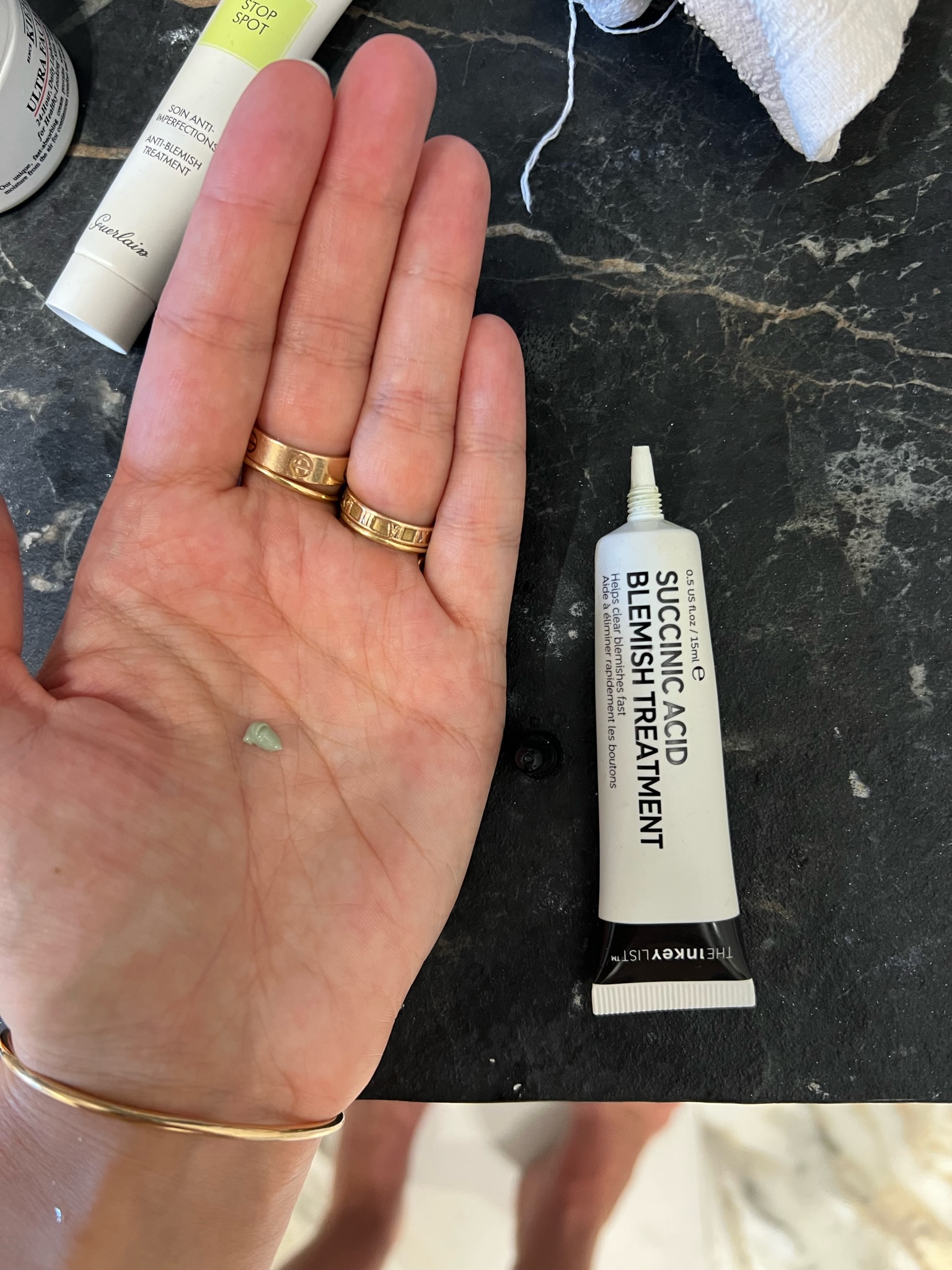
Rewiew: My Long Journey to Clear Skin with The Inkey List Succinic Acid Blemish Treatment
Navigating through the world of skincare can be quite a journey, especially when you’re on the hunt for that one product to combat those pesky blemishes. Recently, I decided to give the Succinic Acid Blemish Treatment by The Inkey List a try, and here’s my take on it.
-
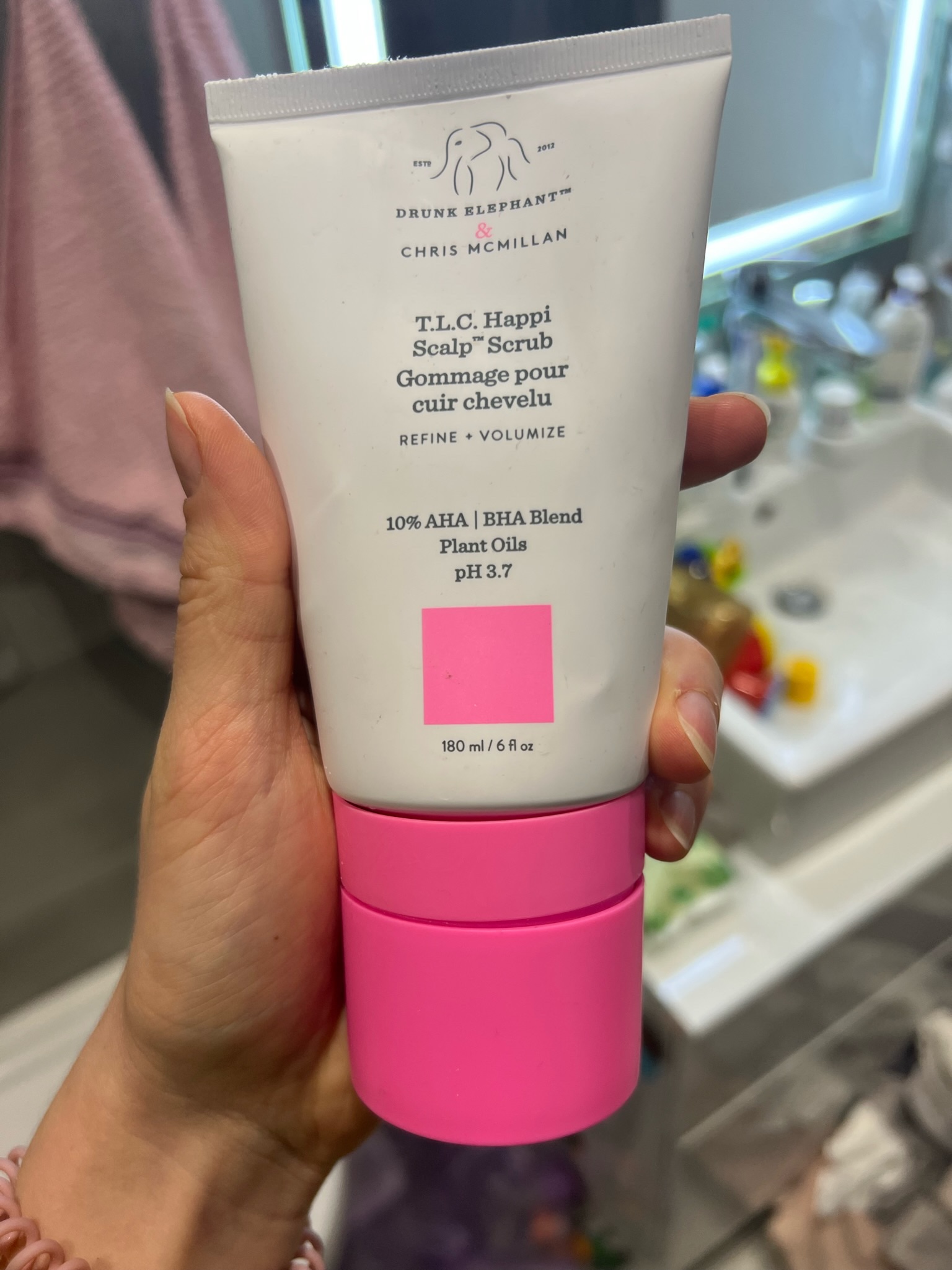
Review: A Mixed Experience with Drunk Elephant T.L.C. Happi Scalp Scrub
As someone who loves experimenting with hair care products, I was excited to try Drunk Elephant’s T.L.C. Happi Scalp Scrub. Known for their skincare, Drunk Elephant has a reputation for high-quality, effective products, and I was eager to see if this scalp scrub would live up to the hype. Unfortunately, my experience with this product…
-
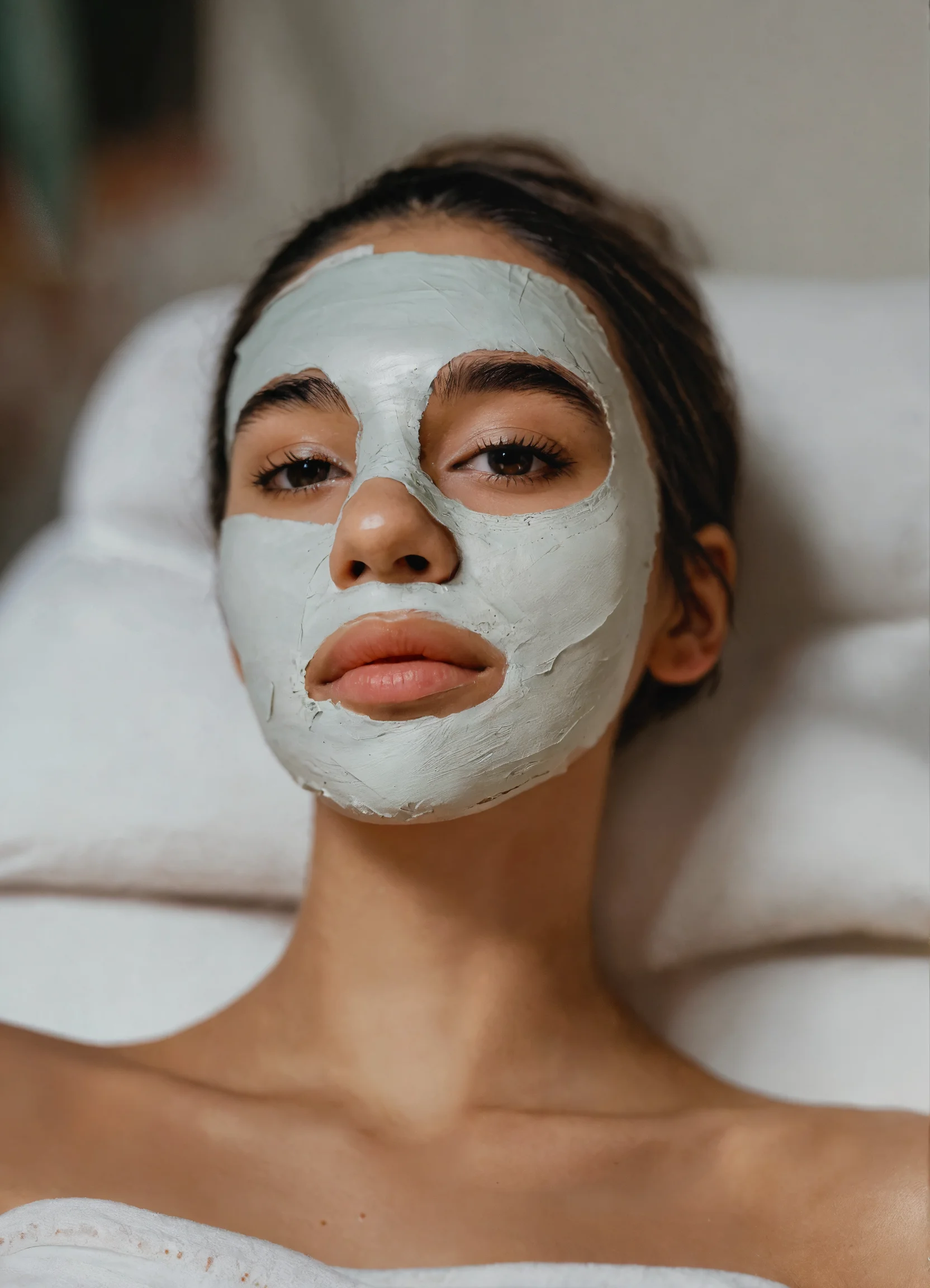
Key Ingredients to Look for in Acne Treatments
In short: The top 3 are in the text, but you can also consider niacinamide, zinc, sulfur, AHA acids, and retinoids.
-
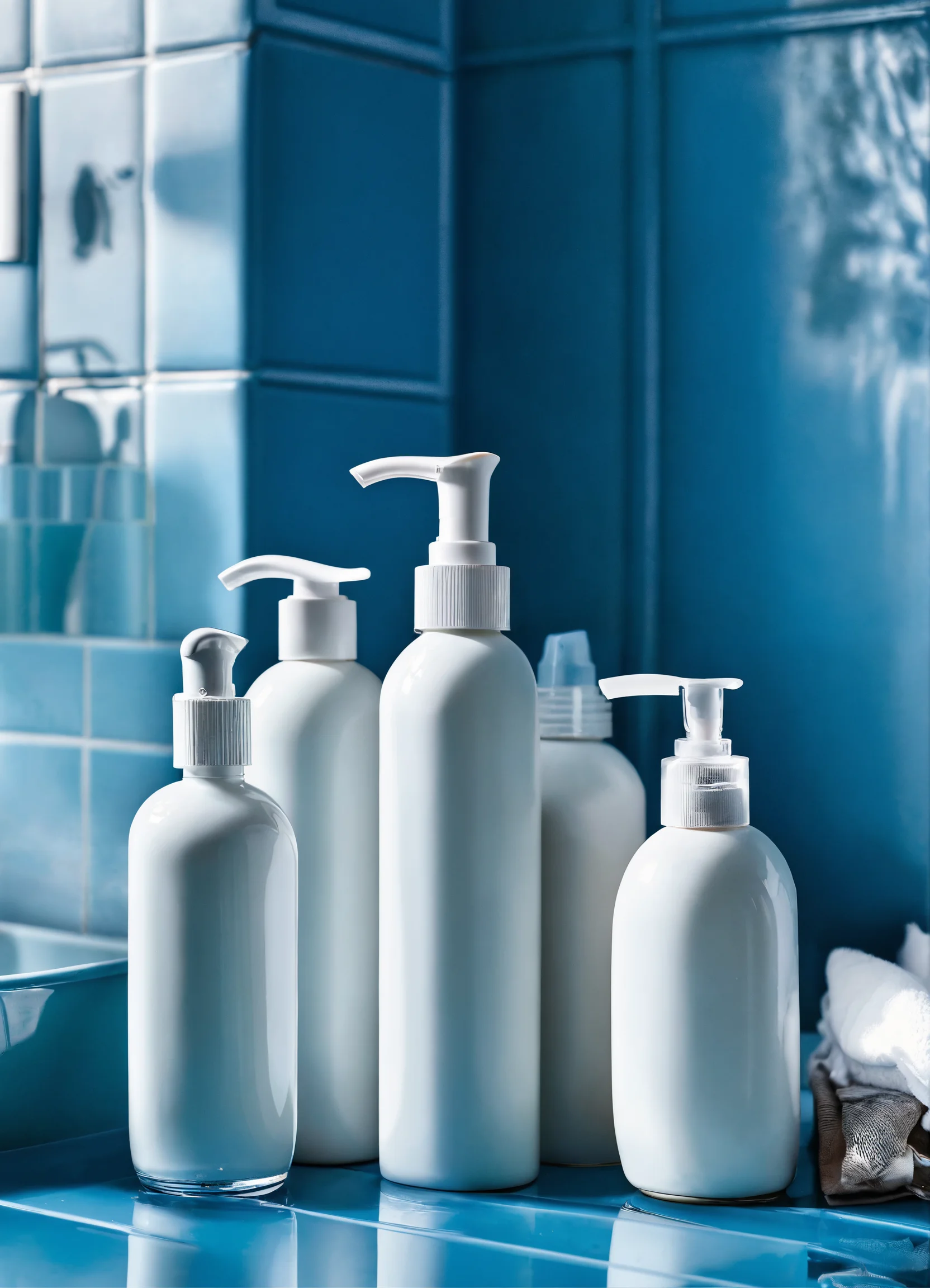
Q: Sometimes I see “low pH” or “pH4” on skincare products – what does that mean?
In short: pH can be surprisingly important if you want to avoid damaging your skin. We know that our skin is protected by a hydrolipid (more precisely, acid) mantle – it prevents allergens and pathogens from penetrating. This mantle functions properly when its original environment is maintained, which can be assessed using the hydrogen ion…
-

Q: Can I use Vitamin C if it has oxidized?
In short: Surprisingly, yes. But it won’t be very effective. So, if your vitamin C serum has turned orange/brown, it’s likely that the main component has oxidized. This process is usually accelerated by exposure to air and light, and it often happens with L-ascorbic acid and Ascorbic acid forms. When vitamin C oxidizes, it loses…
-
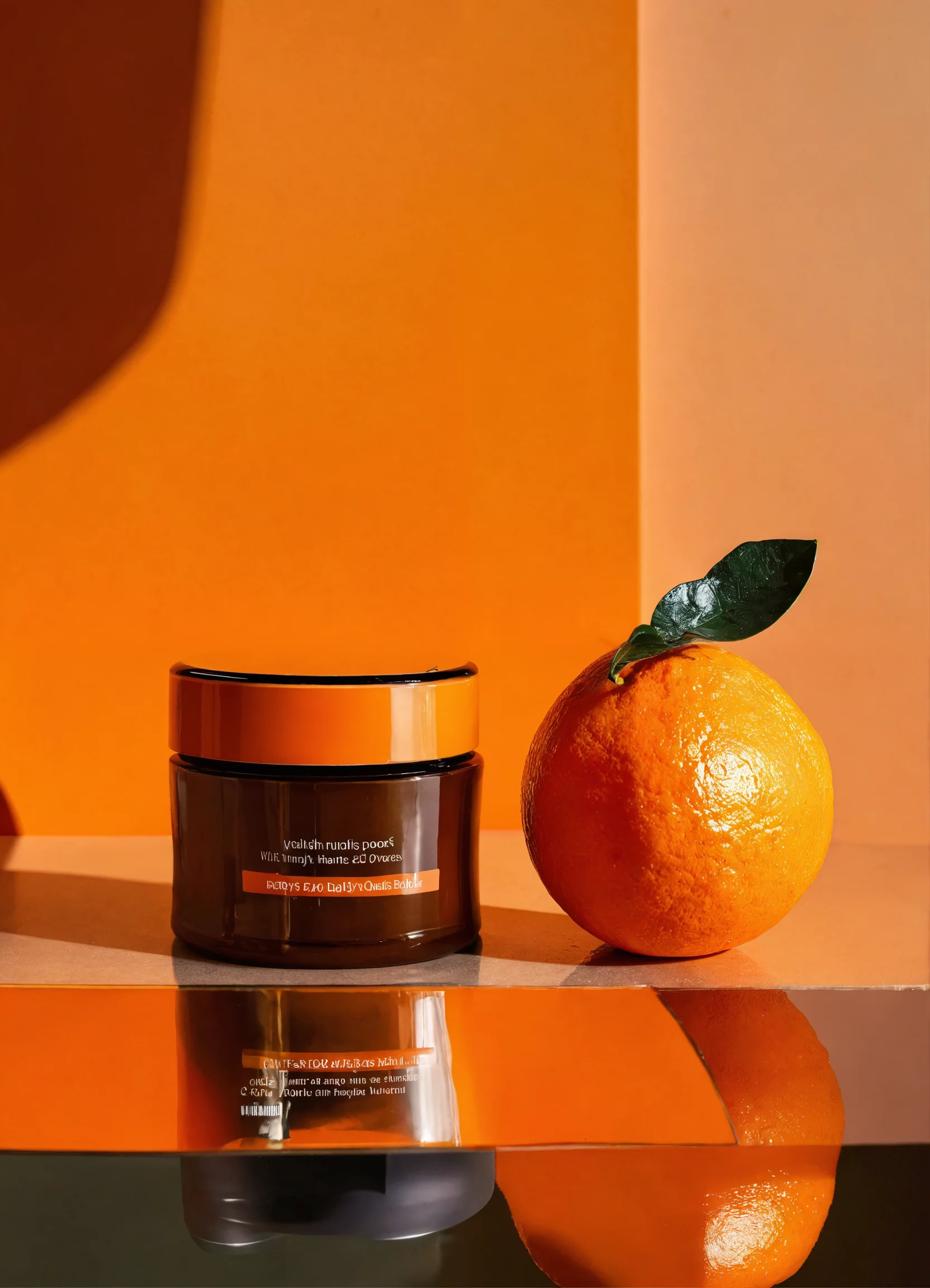
How to Choose Vitamin C That Won’t Spoil Quickly
Vitamin C serums have an annoying trait – they can oxidize, which means the serum is spoiled and its effectiveness is greatly reduced. Let’s get back to basics – how to choose the “right” one…
-
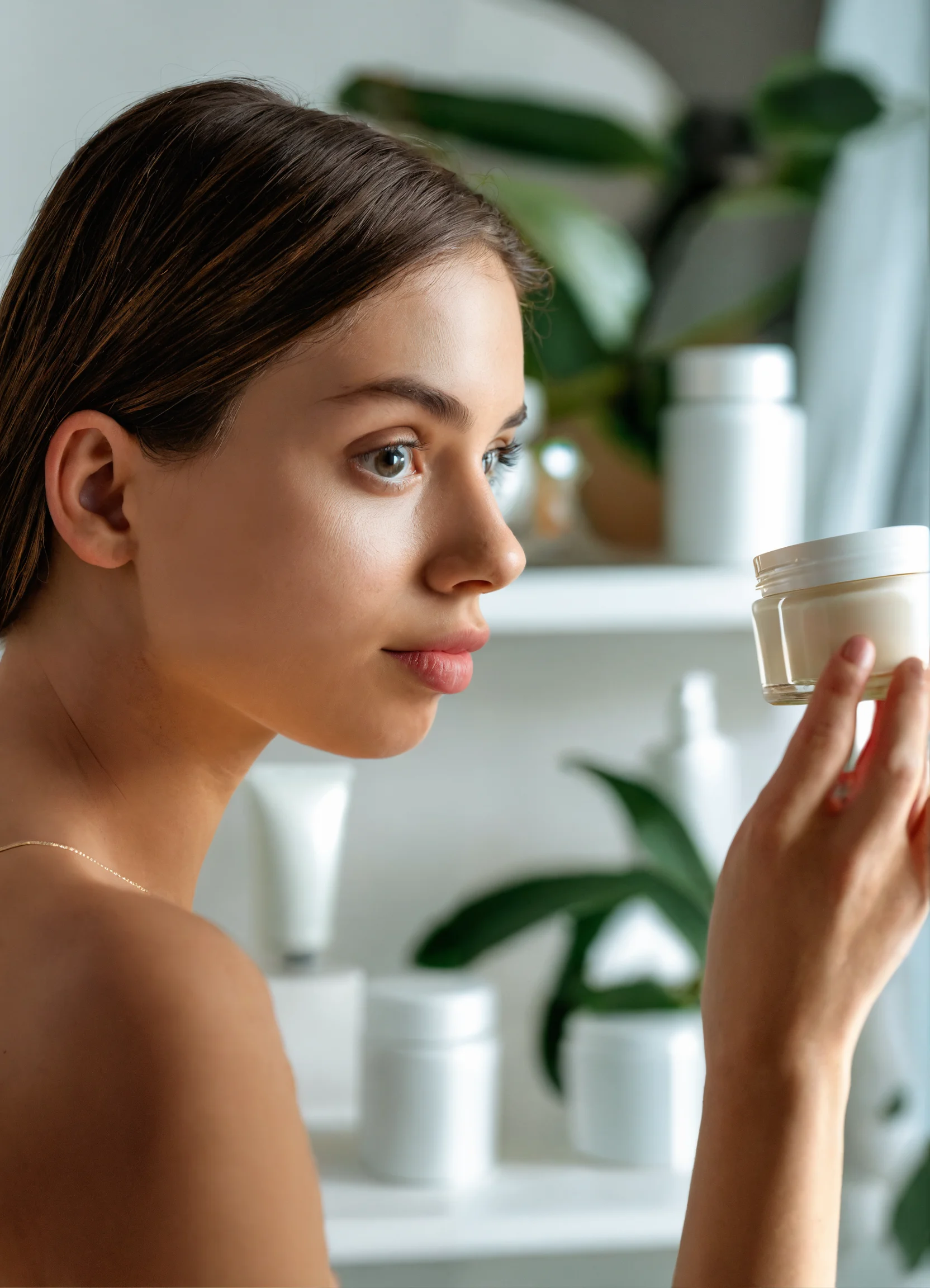
Q: Can I use Vitamin C and Niacinamide together?
In short: Yes, it’s been done many times – and everyone is still alive. A small caveat: we’re not talking about homemade DIY serums, but about cosmetic products where you see both actives – niacinamide and vitamin C – in the ingredient list.
